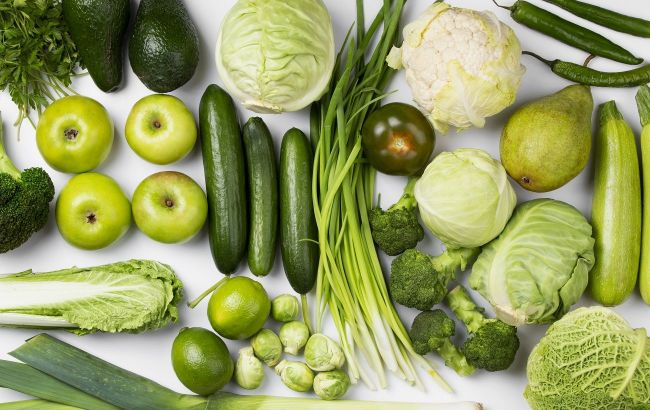Superfood for longevity: Cabbage as healthiest vegetable for elderly
 Photo: A vegetable that promotes longevity (freepik.com)
Photo: A vegetable that promotes longevity (freepik.com)
As we age, our body's needs change, so proper nutrition plays a key role in keeping us healthy and active. Older people should definitely take care of their diet to live longer.
Nutritionists say that ordinary white cabbage is a real treasure for the elderly, as it contains many nutrients necessary for their health.
Why cabbage?
Vitamins and minerals
Cabbage is rich in vitamins C, K, and B, as well as minerals such as potassium, calcium, magnesium, and iron. These substances support the immune system, strengthen bones, and normalize the heart and nervous system.
Fiber
Cabbage contains a lot of fiber, which improves digestion, prevents constipation, and helps cleanse the body of toxins.
Antioxidants
Cabbage is a source of antioxidants that protect body cells from free radical damage, slowing down the aging process.
Low-calorie
Cabbage is low in calories, making it an ideal food for people who are watching their weight.
What are the benefits of cabbage for the elderly?
Strengthening the immune system
Vitamin C contained in kale supports the immune system and helps the body fight infections.
Prevention of osteoporosis
Calcium and vitamin K, which are rich in cabbage, strengthen bones and prevent the development of osteoporosis, a disease that is common in the elderly.
Improves digestion
The fiber contained in cabbage normalizes intestinal function and prevents constipation.
Protection against cardiovascular diseases
Potassium in cabbage helps to lower blood pressure and maintain heart health.
Prevention of cancer
Some studies show that consuming kale can reduce the risk of developing certain types of cancer.
How to eat cabbage?
You can consume cabbage in various forms: fresh, stewed, sauerkraut, boiled. Sauerkraut is especially useful because it contains probiotics that support intestinal health.
Who shouldn't eat cabbage?
Cabbage has some contraindications. People with gastrointestinal diseases, such as gastritis or ulcers, should consume cabbage with caution and after consulting a doctor.
Sources: The American Journal of Clinical Nutrition, a study conducted by Johns Hopkins University, National Institute of Aging.
This material is for informational purposes only and should not be used for medical diagnosis or self-treatment. Our goal is to provide readers with accurate information about symptoms, causes, and methods of detecting diseases. RBС-Ukraine is not responsible for any diagnoses that readers may make based on materials from the resource. We do not recommend self-treatment and advise consulting a doctor in case of any health concerns.

